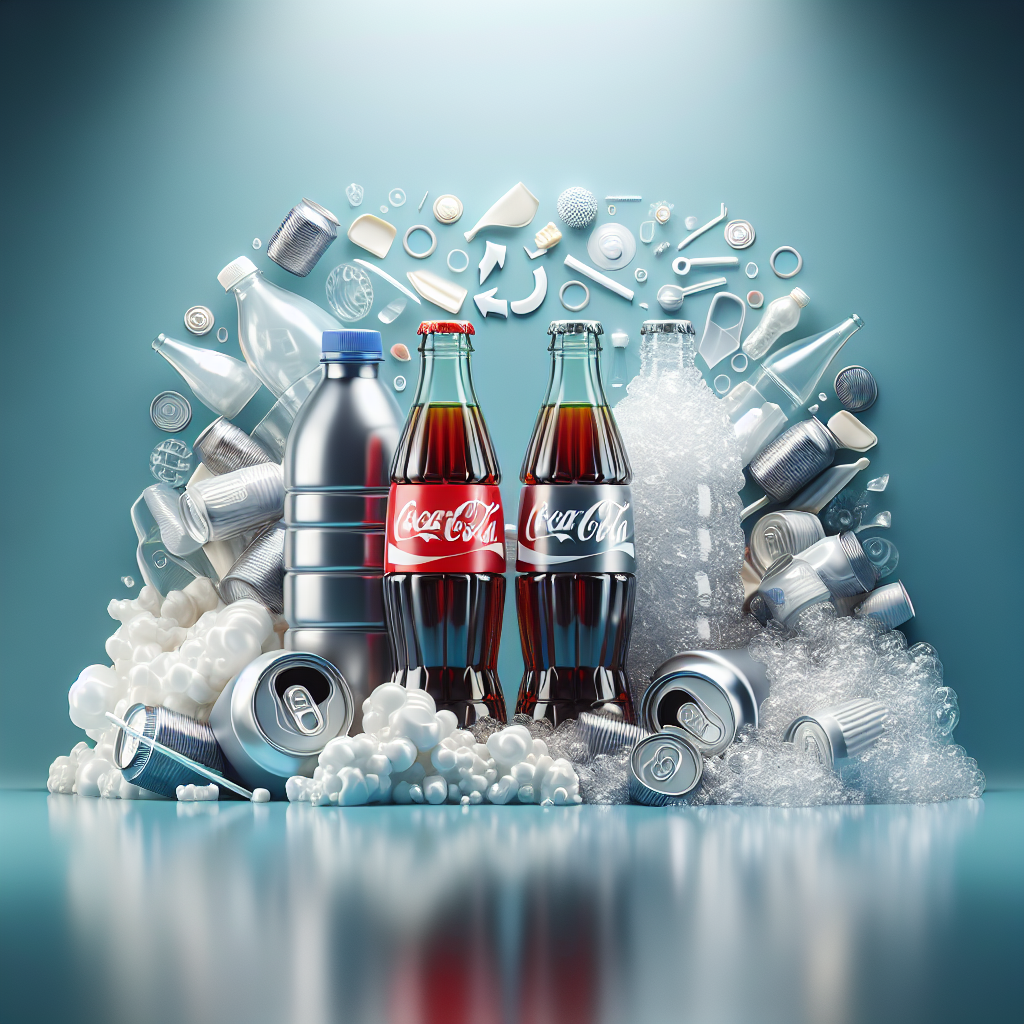Coca-Cola May Use More Plastic Due to Trump Tariffs

Coca-Cola Faces Aluminum Cost Pressures Due to Trump Tariffs
Coca-Cola may shift towards using more plastic bottles in the U.S. as a response to the 25% import tax on aluminum and steel imposed by former President Donald Trump. The company's CEO, James Quincey, indicated that rising aluminum costs could make plastic a more affordable alternative, despite longstanding sustainability concerns.
Impact of Tariffs on Beverage Packaging
The newly reinstated tariffs are expected to increase the cost of aluminum-based products, including canned beverages. The U.S. currently imports nearly half of its aluminum, with the tariff making imports significantly more expensive. Several aluminum manufacturers and beverage companies have previously sought exemptions from similar tariffs in 2018, but Trump has stated there will be no exclusions this time.
Coca-Cola’s Sustainability Challenges
In December, Coca-Cola adjusted its sustainability targets, lowering its goal of using 50% recycled materials in packaging by 2030 to a revised target of 35-40% by 2035. The company has faced criticism from environmental groups, consistently ranking as the world’s top plastic polluter for six consecutive years.
Business Strategy Amid Tariff Uncertainty
The company’s ability to shift packaging strategies highlights the broader impact of trade tariffs on business operations. Key takeaways include:
- Potential cost increases for aluminum cans
- Greater reliance on plastic bottles
- Revised sustainability commitments
The tariff’s financial impact on Coca-Cola is expected to be limited, as packaging represents a relatively small portion of overall costs. However, the move could reignite debates over environmental responsibility as plastic use expands.
Trump’s Reversal on Environmental Regulations
In a related development, Trump recently overturned a government initiative that promoted replacing plastic straws with biodegradable alternatives. The move aligns with his broader policies favoring deregulation and cost-reduction for U.S. manufacturers.
Stock Market and Economic Reactions
Investors and economists are monitoring how these tariff policies will affect consumer goods prices and corporate cost structures. While some companies may absorb the costs, others, like Coca-Cola, could resort to alternative strategies such as increasing reliance on plastic-based packaging.



Comments ()